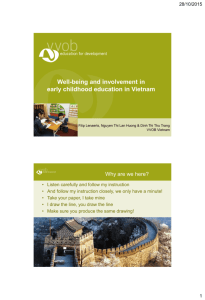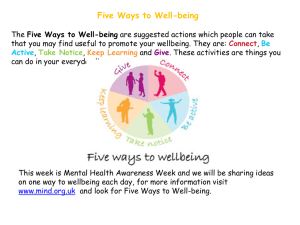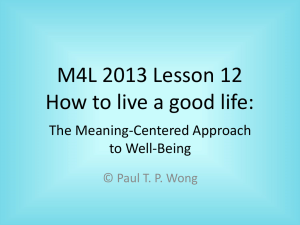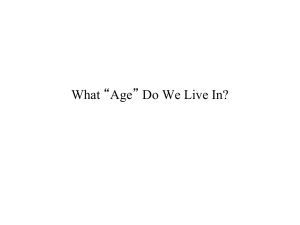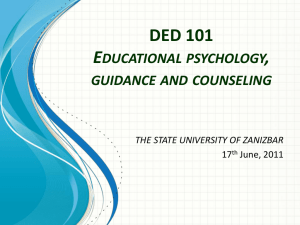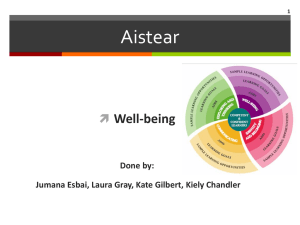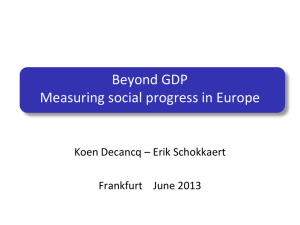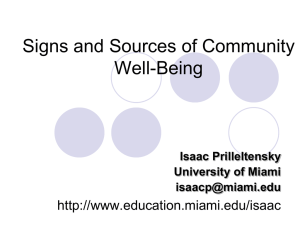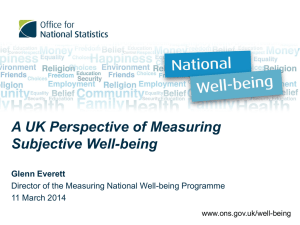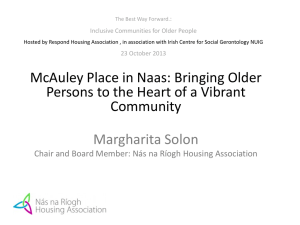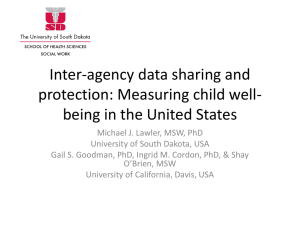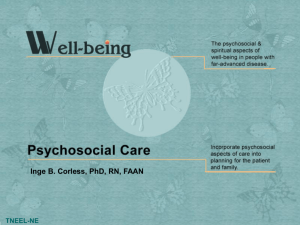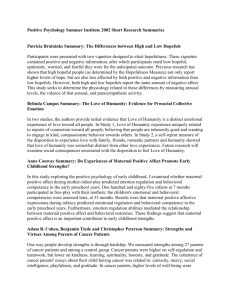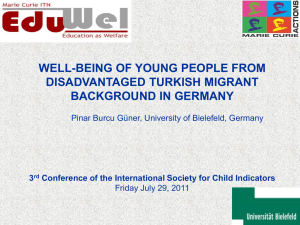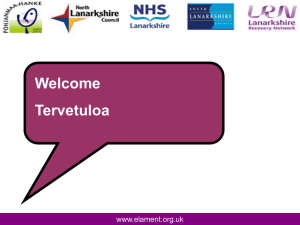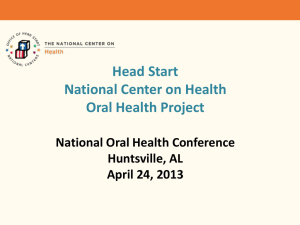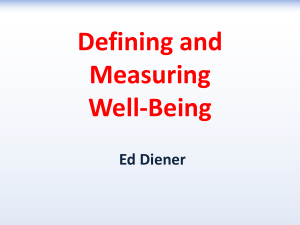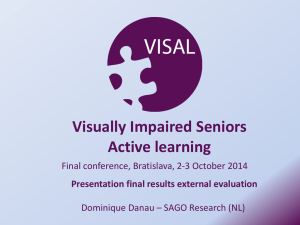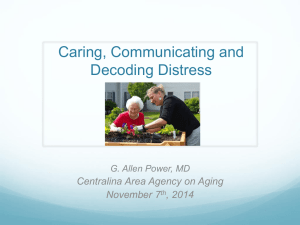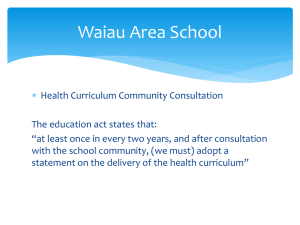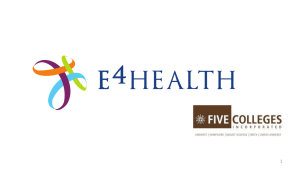Health promotion - University of Western Cape
advertisement
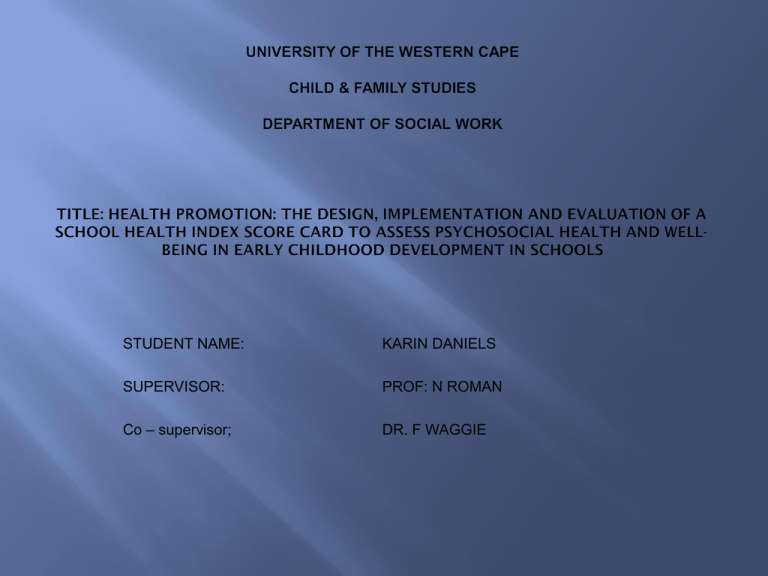
STUDENT NAME: KARIN DANIELS SUPERVISOR: PROF: N ROMAN Co – supervisor; DR. F WAGGIE • The South African health and education sector recognises health as one of the nine key learning areas within the school curriculum that are taught via the Life Orientation (LO) curriculum. • Research conducted both internationally and within South Africa indicates that Early Childhood Development (ECD) is an important developmental phase for children from birth to nine years of age. • When considering the differences between South Africa and developed countries with regards to a standard approach to assess child well-being in ECD, there has been a lack of focus on child health and nutrition which has a detrimental impact on the psychosocial health and well-being of children particularly in South Africa. • The development of a child is an important determinant of health over the life span, with early developmental opportunities that establishes an important foundation for the child’s health and well-being and the child’s academic success. CONTINUE • Literature indicates fundamental settings that interdependently shape the well-being and development of children in their formative years (family, school and community, with schools offering practical opportunities for the implementation of health development programmes). • Health promotion is “the process of enabling people and communities to increase control over factors that influence their health, and thereby improve their health” (Ottawa Charter of Health Promotion,1986) • Through health promotion, the school environment provides a perfect opportunity to promote health and well-being • Currently, there is very limited information reported on health promotion, which includes provision and activities that relates to: (i) school policies (ii) the physical and social environment of the school (iii) the school curriculum (iv) community links (v) and health services. • A school health index card (SHISC) could be used to develop and evaluate an action plan for improving the psychosocial health and well-being of learners. This study will be based on a participatory action research (PAR) method with a quantitative cross-sectional methodological approach that consists of four phases of data collection and analysis. Phase 1: Identifying the problem consisting of two stages; Phase 2: Action planning; Phase 3: Implementation; Phase 4: Evaluation. Quantitative data will be analysed using Statistical Package for the Social Sciences (SPSS V22). Data analysis will consist of descriptive statistics such as frequencies, means and standard deviations. Inferential statistics will include a MANOVA for comparison of groups and a regression analysis to indicate the best predictors of psychosocial health and well-being in early childhood development in primary schools. • How is a school health index card used in previous research studies to assess and evaluate psychosocial health and well-being in Early Childhood Development in schools? • What is the prevalence of psychosocial health and well-being of learners in early childhood development in schools? • What are the current health promotion practices in early childhood development in schools? • How is psychosocial health and well-being currently assessed in early childhood development within schools? • Would a school health and index score card be effective for psychosocial health and well-being promotion in early childhood development in schools?
